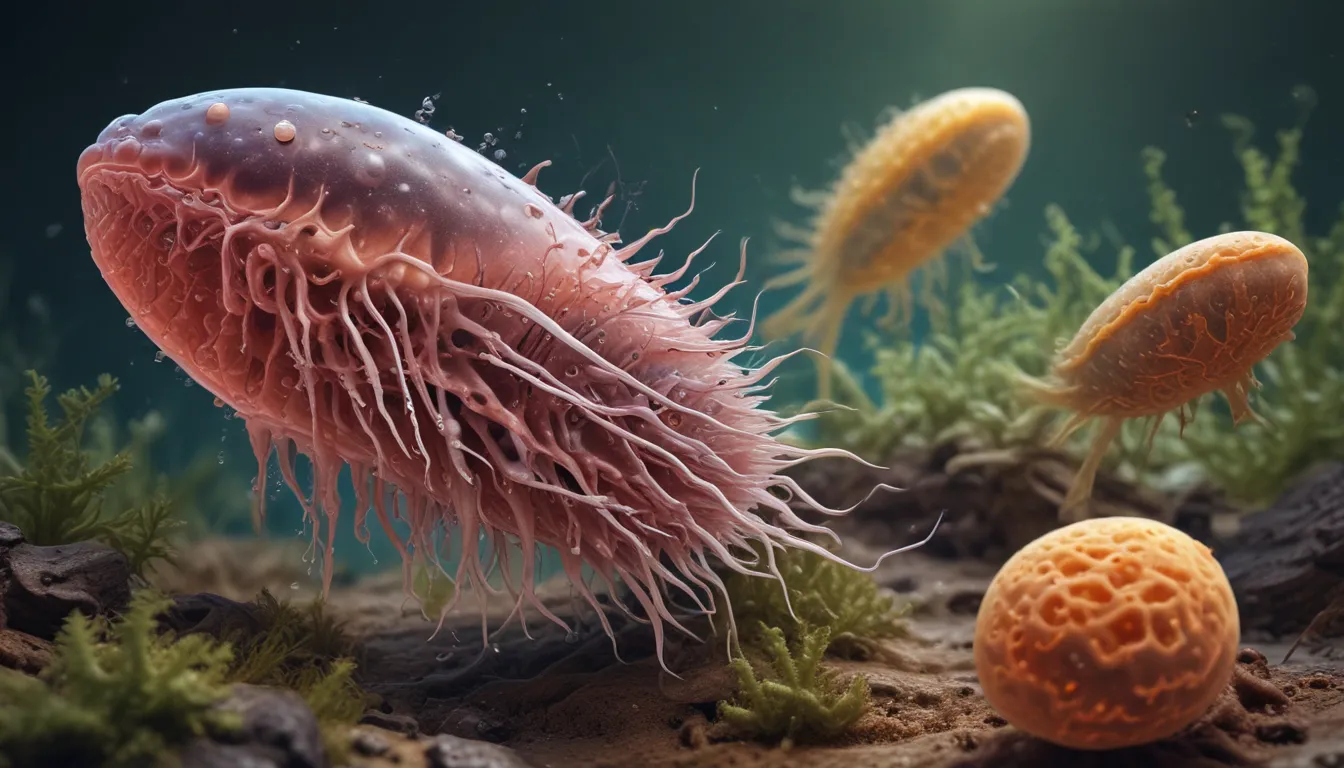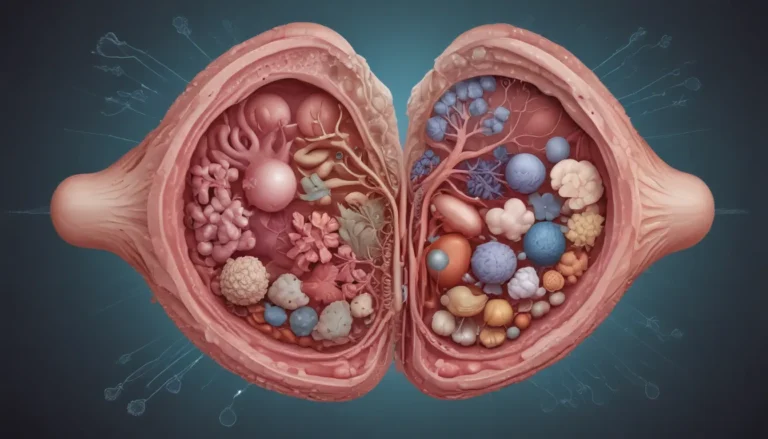A Note About Images: The images used in our articles are for illustration purposes only and may not exactly match the content. They are meant to engage readers, but the text should be relied upon for accurate information.
Welcome to the fascinating world of protozoan diseases, where microscopic organisms called protozoa wield a significant impact on human and animal health. These single-celled creatures, belonging to the kingdom Protista, can be found in a variety of habitats, from water bodies to within the bodies of humans and animals. Despite their small size, protozoans have the potential to cause severe diseases affecting millions worldwide. In this article, we will explore 20 extraordinary facts about protozoan diseases, shedding light on their biology, impact, and prevention strategies.
A Closer Look at Protozoan Diseases
Protozoan diseases are caused by single-celled organisms known as protozoa, which can lead to severe health issues in both humans and animals. Understanding the life cycle and transmission of these parasites is crucial for devising effective prevention and control strategies. Ongoing research and public health initiatives are instrumental in reducing the global burden of protozoan diseases.
Digging Deeper into Protozoan Diseases
- Protozoa are microscopic organisms that can cause a variety of diseases in humans and animals.
- There are more than 30,000 known species of protozoa, thriving in diverse environments including freshwater, marine habitats, and even the human body.
- Malaria, caused by the protozoan parasite Plasmodium, is one of the deadliest diseases in history, claiming the lives of billions of people.
- Toxoplasmosis is transmitted through contact with infected cat feces, posing risks to pregnant women and individuals with weakened immune systems.
- African Trypanosomiasis, or sleeping sickness, is transmitted by the tsetse fly and can be fatal if left untreated.
- Giardiasis, caused by the parasite Giardia, is a common waterborne disease often transmitted through contaminated water or food.
- Leishmaniasis, caused by the parasite Leishmania, is transmitted through the bites of infected sandflies.
- Amoebic dysentery, caused by Entamoeba histolytica, can be life-threatening if untreated.
- Cryptosporidiosis, contracted through contaminated water or food, leads to gastrointestinal distress.
- Babesiosis affects red blood cells and is primarily found in the United States and certain regions in Europe.
- Chagas disease, caused by Trypanosoma cruzi, is prevalent in Latin America and can be transmitted through blood-sucking bugs.
- Trichomoniasis, a sexually transmitted disease caused by Trichomonas vaginalis, affects both men and women.
- Amebiasis, caused by Entamoeba histolytica, infects the colon and causes severe gastrointestinal symptoms.
- Various species of Plasmodium cause malaria, each with unique characteristics and geographic distribution.
Prevention and Treatment of Protozoan Diseases
- Proper hygiene practices such as handwashing and safe food handling can prevent certain protozoan diseases.
- Laboratory tests like blood tests and stool tests are instrumental in diagnosing protozoan diseases.
- Treatment options for protozoan diseases vary and may include antiparasitic medications.
- Ongoing research aims to develop vaccines for major protozoan diseases like malaria.
- Some protozoan diseases can lead to long-term complications necessitating ongoing management and care.
Strategies for Prevention and Control
Efforts to control and prevent protozoan diseases involve a combination of strategies such as vector control, improved sanitation, access to clean water, and the development of effective treatments and vaccines. Research and ongoing surveillance play a crucial role in understanding these diseases better and devising strategies to combat them.
Conclusion: A Call to Action
Protozoan diseases pose a significant public health concern worldwide, impacting individuals and communities. By raising awareness, understanding transmission modes, and adopting preventive measures, we can mitigate the burden of these diseases and enhance global health outcomes. Stay informed, stay curious, and take proactive steps to protect yourself and your loved ones from the threats posed by protozoan diseases.
FAQs: Answering Your Burning Questions
-
What are protozoan diseases?
Protozoan diseases are illnesses caused by microscopic organisms called protozoa that can infect humans and animals. -
How are protozoan diseases transmitted?
Protozoan diseases can be transmitted through mosquito bites, contaminated food and water, and sexual contact. -
What are the common symptoms of protozoan diseases?
Common symptoms include fever, diarrhea, abdominal pain, fatigue, muscle aches, and skin rashes. -
Can protozoan diseases be prevented?
Yes, practicing good hygiene, using insect repellents, and consuming clean water and food can aid in preventing protozoan diseases. -
Are treatments available for protozoan diseases?
Yes, treatments vary based on the disease and may involve antiparasitic medications. -
Are protozoan diseases a global issue?
Yes, they are a global health concern affecting millions worldwide, especially in areas lacking healthcare access, clean water, and sanitation facilities. -
Is ongoing research conducted on protozoan diseases?
Yes, ongoing research focuses on understanding transmission, developing effective treatments and prevention strategies, and addressing drug resistance. -
How can individuals contribute to preventing protozoan diseases?
By practicing good hygiene, using insect repellents, following safe food handling practices, and supporting efforts for clean water and sanitation, individuals can aid in prevention efforts.
Arm yourself with knowledge and take proactive steps to combat protozoan diseases for a healthier future. Stay informed, stay curious, and prioritize your well-being as you navigate the complex world of microscopic menaces. Through awareness, prevention, and collective action, we can work towards a world free from the shackles of protozoan diseases.






